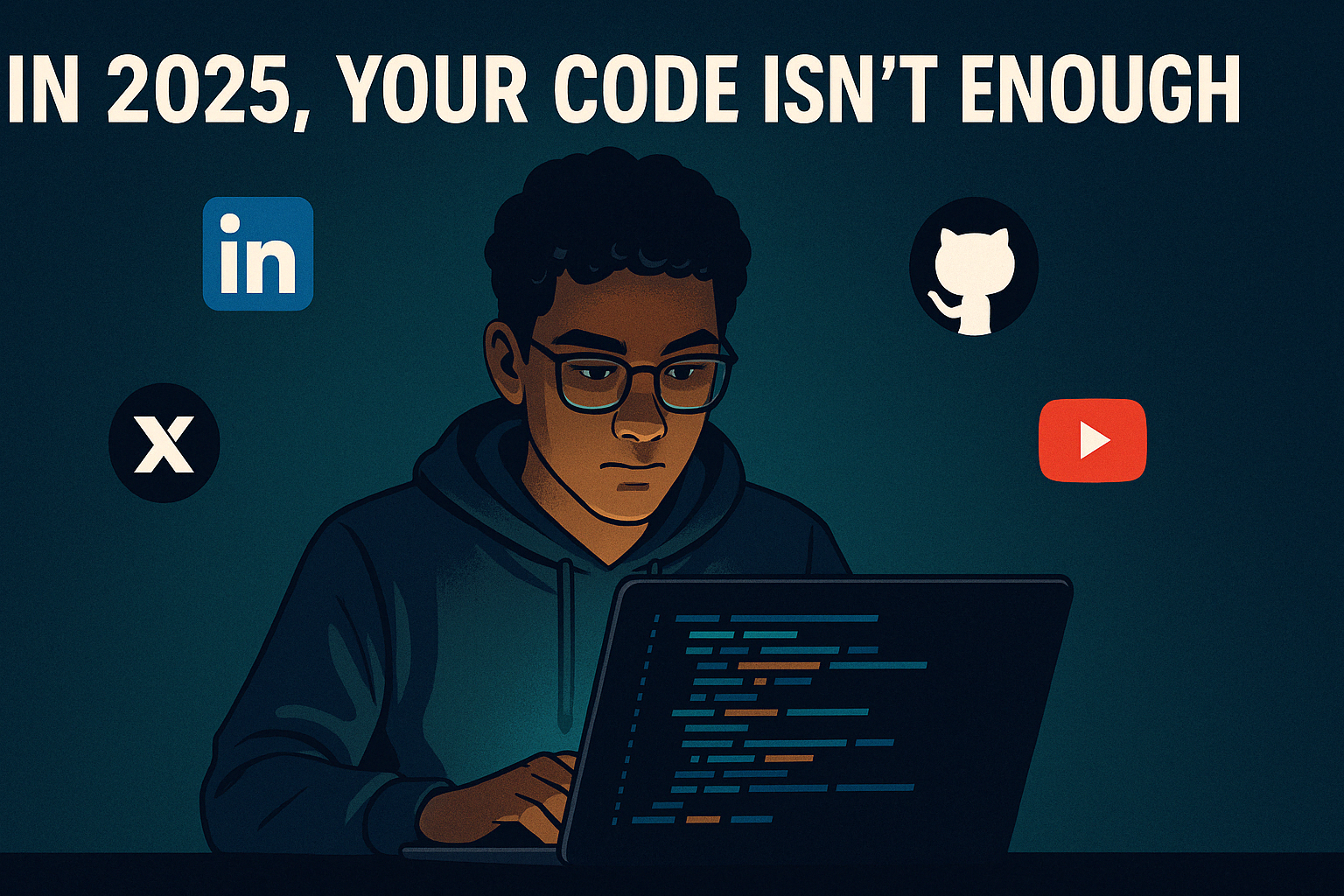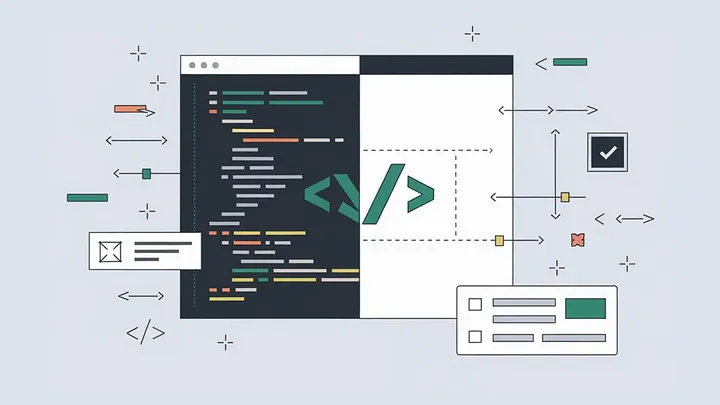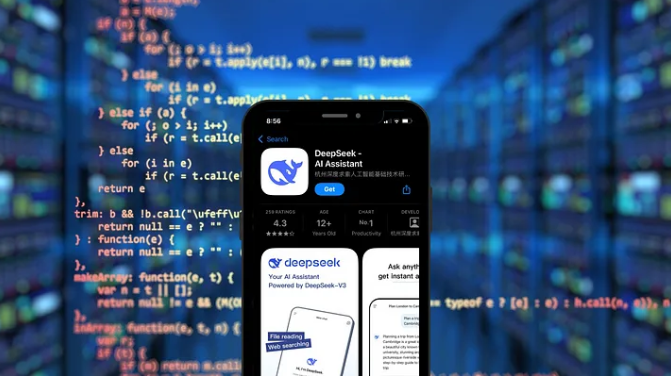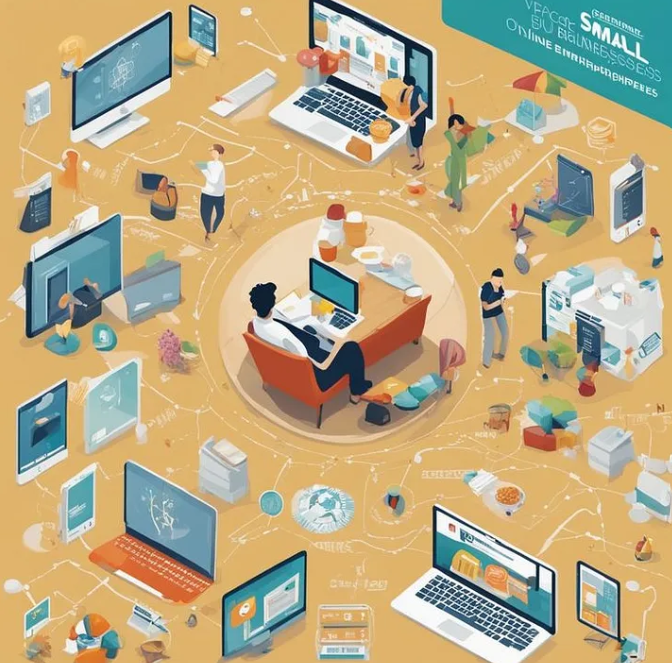Can AI Replace Human Code Reviewers? Know The Truth…
Can AI Replace Human Code Reviewers? Know The Truth…
It has come to everyone’s attention that the infamous question of whether Artificial Intelligence can replace human code reviewers can never have a diplomatic answer. Living in this ever-evolving landscape of technology, the debate over the role of AI-powered tools in code review is not coming any close to finding a balance.
As per what reports from The World Economic Forum suggest, AI cannot completely replace humans. While it may disrupt around 85 million jobs, there will be a net gain of 97 million new jobs as well. It indicates that AI tools are more likely to complement human capabilities rather than replace them entirely. From what statistics say, over 85% of organisations interviewed saw that the surge in deploying new technologies was the key driver of business transformation.
However, it is no lie that a plethora of jobs are most likely to be affected by AI automation, including repetitive tasks, and data analysis. Jobs of data entry, routine customer service, and some aspects in the field of manufacturing and logistics may undergo major changes. Nevertheless, jobs requiring complex human expertise, creativity, emotional intelligence, and critical thinking will not be replaced entirely but only partially. It is believed that fields like healthcare, creative artists, strategists, and leadership will remain dominated by humans.
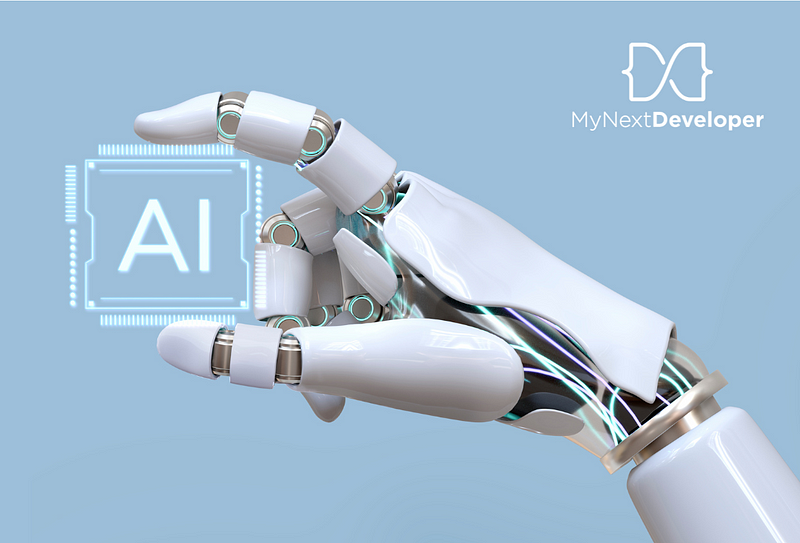
For years, humans have overseen the role of automating tasks traditionally, such as code reviewing and no doubt, it has become quite feasible. However, for the sake of efficiency and scalability, the role of AI is being considered. Keeping in mind the huge advancements in Artificial Intelligence, let us address this question.
The Rise of AI in Code Review:
AI-powered tools for code review use machine learning algorithms to analyze code for identifying and rectifying errors, bugs, and vulnerabilities while complying with the basic standards of coding as well. AI tools offer several advantages such as:
- Efficiency: Reviewing becomes easier with AI when large volumes of codes are involved compared to manual inspection, thus saving a lot of time of effort in the process.
- Consistency: A form of consistency in work is maintained when AI algorithms are applied to evaluate code. This ensures unbiasedness across all projects.
- Scalability: AI-driven code review can scale efficiently to address the growing concerns around modern software development projects.
- Detection of Patterns: AI has the ability to detect recurring patterns in code as well as detect potential issues and suggest improvements for the same.
- Higher code quality: AI recognizes issues related to coding standards, best practices, and potential vulnerabilities and can give the best possible solutions that even sometimes a human brain can overlook, contributing to overall code quality.
The Role of Human Expertise:
While AI has taken over most parts of code review, there are still certain aspects where the services of human expertise remain crucial and that cannot be replaced by AI for years to come:
- Contextual Understanding: Human reviewers have a good understanding of the project’s objectives, architecture, and how the business operates, so much that AI algorithms fail to understand.
- Creativity and Innovation: No matter what, AI algorithms cannot bring creativity and innovation to code review that a human brain can.
- Domain Knowledge: Human reviewers offer insights and solutions on domain-specific problems that are tailored to address the need at the moment of need.
- Human Judgment and Decision-Making: Code review often involves subjective judgments and making decisions based on human knowledge and experience.
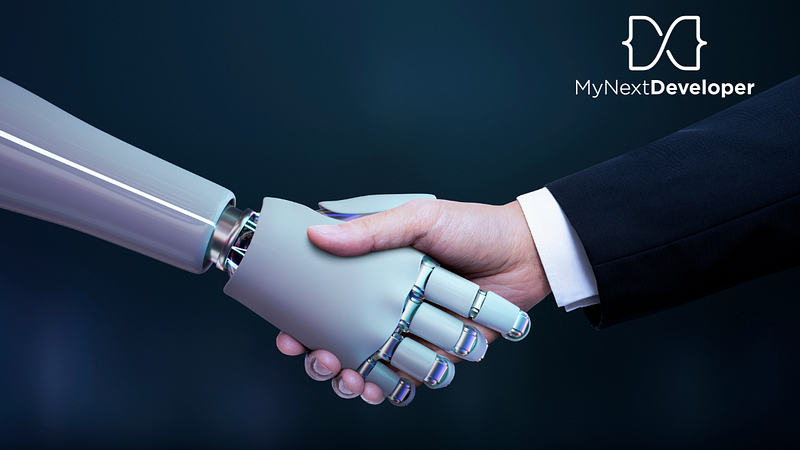
The Beautiful Mélange of AI and Human Expertise:
Instead of viewing AI as a threat to human code reviewers, it is time to look at them as complementary entities. By using both these forces to an advantage, companies can benefit from it. In a survey by BJIT BYTES, around 77.8% of programmers believe that AI improves code quality.
- Automated Pre-screening: AI can conduct initial code reviews to identify common issues and point out potential problems for human review. This is where human attention is most needed when AI tends to overlook the idea.
- Augmented Intelligence: Human reviewers can see AI-powered tools as a helping hand to them, giving them prompts to generate relevant recommendations and correct them wherever necessary.
- Continuous Improvement: AI algorithms can leverage human-based feedback to enhance their accuracy and effectiveness over time.
- Focus on Other Tasks: By offloading routine and repetitive tasks to AI, human reviewers can dedicate more time and energy to high-value tasks leaving routine and repetitive tasks to AI.
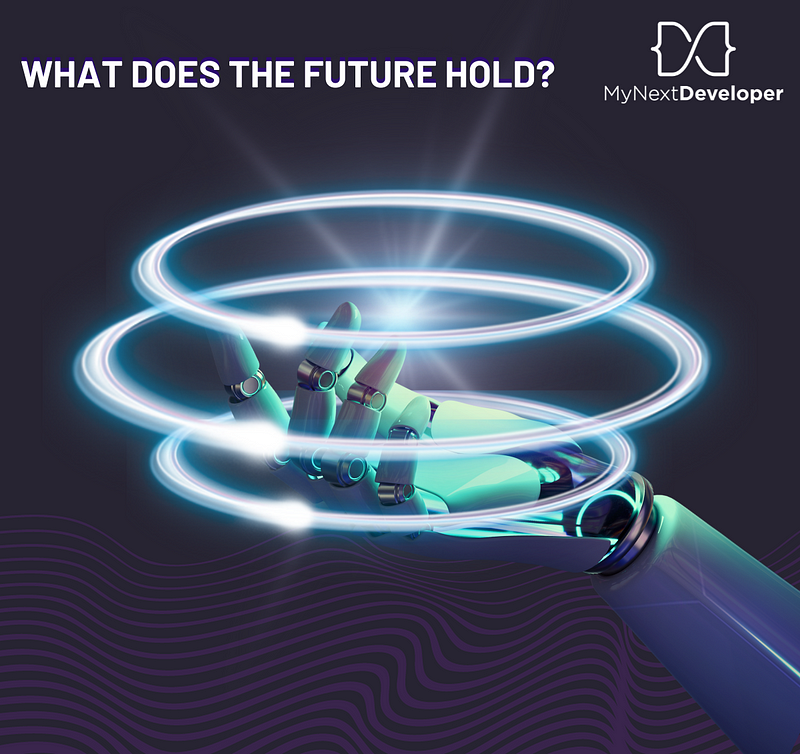
What does the Future Hold?
The world is constantly evolving where technology is concerned. With that being said, the rise of artificial intelligence (AI) brings both excitement and concern at the same time. It is promising yet complex. Progress and prosperity are driven when the synergy of AI and humans is embraced. However, there are many questions concerning what the future holds in terms of AI-human collaboration. In 2024 and for years to come, the spectrum of AI capabilities is going to expand exponentially, helping coding get easier and quicker. Future AI tools are expected to synchronize with human capabilities and overpower the digital world.
- The Power of Collaboration: No one can deny the incredible power of AI-human collaboration. While AI systems excel at tasks like data analysis, and automation, humans master creativity, empathy, and critical thinking. By working together, the duo can deal with challenges and drive innovation across industries.
- AI: Friend or Foe? Every coin has two sides. Likewise, AI also has its pros and cons. Employment rates in industries like manufacturing, customer service, and transportation are declining because of displacement as AI technology advances. However, even today, AI cannot perform certain tasks such as complex decision-making, emotional intelligence, and critical thinking.
- The Emergence of New Opportunities: Even though AI puts many job roles in danger, it also encourages new opportunities and career paths. The field of AI is very vast and it constantly demands skilled professionals to perform tasks related to machine learning, data science, and AI ethics.
- Ethical Considerations and Human Oversight: Sometimes, AI neglects human emotions, is biased towards answering, makes errors, and also lacks an understanding of morals. Human supervision is important to ensure that AI is used responsibly and ethically and that humans are not wronged.
- The Path Forward: Taking considerate measures to deploy AI thoughtfully and ethically in governments, businesses, and educational institutions is important for the digital world to flourish.
Conclusion:
Thus, it can be safely concluded that while AI-powered tools may be incredibly productive, they cannot fully replace human skills and expertise, mainly because of human-based judgements, creativity, decision-making, emotions, etc. The optimal approach lies in seeing AI-powered tools as a synergy rather than a mere substitute.
By embracing this dynamic relationship, companies can work more productively and efficiently, thus achieving success in the domain. As technology advances to newer levels, the collaboration between AI and human skills will continue to dominate in the digital age while navigating the complexities of code review.
Ready to build your tech dream team?
Check out MyNextDeveloper, a platform where you can find the top 3% of software engineers who are deeply passionate about innovation. Our on-demand, dedicated, and thorough software talent solutions are available to offer you a complete solution for all your software requirements.
Visit our website to explore how we can assist you in assembling your perfect team.


